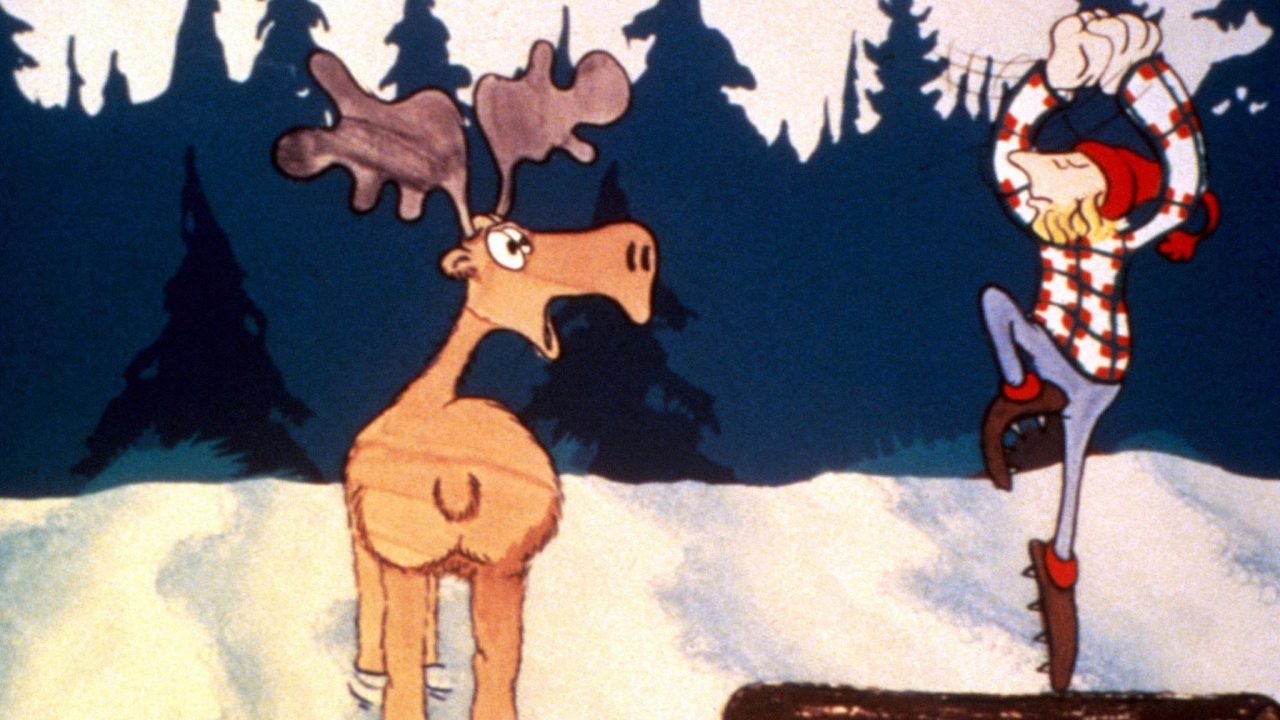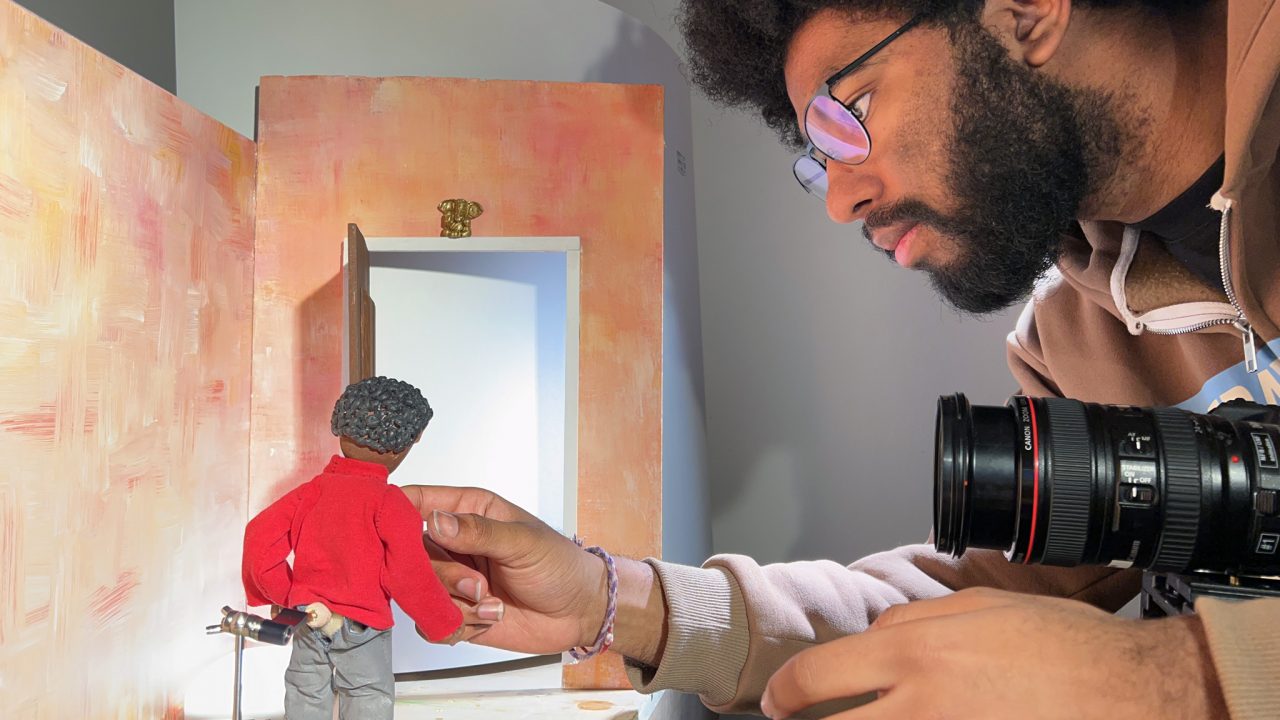How To: Making a Great Animation Channel
The following is a guest post by animation producer Michael Fukushima.

A review of the book British Animation: The Channel 4 Factor, by Clare Kitson. Published by University of Indiana Press (North America) and Parliament Hill Publishing (UK).
The Snowman. Street of Crocodiles. Girls Night Out. Creature Comforts. Screen Play. Bob’s Birthday. The Man With the Beautiful Eyes. City Paradise. Rabbit. A truncated litany of some of the brilliant shorts that since the mid-1980’s have defined British animation the world over, but jaw-droppingly impressive. What they, and the unlisted others, share apart from their creative potency is, perversely enough, an institution. A government mandated, uniquely funded institution that luckily for all of us was peopled by passionate souls who cared about art and diversity (writ large), and who actively contrived to put money and resources into the hands of the most talented, fecund creators they could uncover. No, not the NFB this time; Britain’s Channel 4 – or Channel Four, more correctly – television network.
Clare Kitson, who was Channel 4’s commissioning editor for animation through all of the 1990’s, has written a humane and intimate history of the ups and downs of animation at the Channel, leavening it with just the right amount of dry wit, personal insight and anecdote. The book is a deft balance, offering historical context and background to be a useful academic tome whilst proving an eye-opening guide to anyone interested in the many behind-the-scenes manoeuvrings that go on to actually get these kinds of films made, and most importantly in Channel 4’s case, on to air.
The themes that resonated for me (as an NFB producer), both for the echoes and the dissonances, are Clare’s perspective as a commissioning editor rather than a producer, and the Channel’s intrinsic ability (and sometimes inability) to get things onto TV screens around the UK. Whilst not mass audiences by most standards, certainly much bigger audiences than short animation otherwise gets on broadcast television – if our films get onto television at all. Such a luxury, but as Clare points out also such a curse, was each season’s scheduling matrix even for a broadcaster so committed to diversities of topic, technique and running length.
The Channel 4 Factor is valuable history. But as memoir about what Clare likes and why, it’s revealing and fun, and already well exceeds the price of admission. The middle section, in particular, reveals the makings of several of the Channel’s most famous films from her own unique vantage point along with the filmmakers’ own tellings of the tale. But for me, it’s as a sociological dissection of how such an organization came about, almost from whole cloth, where Clare hits her stride. As a case study, Clare offers up much of the recipe for success that created and sustained both Channel 4 and the NFB. Indeed, parallels to the NFB regularly caused me pleasant surprise. Compressed in active years, Channel 4’s animation history is like the NFB’s but accordioned into itself three times over.
I suspect many producers see commissioning editors as mercurial demagogues, blithely changing objectives and mandates from season to season. Clare quite effectively puts that myth to lie. She reveals the very passionate people who created an ethos committed to being background players actively boosting the artists who make the art; by giving them money to make films, but more importantly by creating a culture and set of beliefs that was willing to take big risks on small films. Here’s the original job posting for Channel 4 commissioning editors:
Television production experience may be an advantage but is not essential. Whether your passion is angling or cooking, fringe theatre, rock, politics, philosophy or religion, if you believe you can spot a good idea and help others realise it on the screen, we are looking for commissioning editors and would like to hear from you.
Clearly, the early, passionate years of Channel 4 were driven both by its unique mission and by strength of personality and will of its editors and executives. What kind of society is predisposed to permitting such a creature to be born, and more importantly, to live and thrive? Is it peculiar to Anglo-Saxon socialism, which would also explain the NFB?
Clare writes about diversity and minority remits (but not just about skin colour or ethnicity or orientation) and cultural big-thinkers who believed in social change and art as the change tool. She admires a 1980’s UK society and a handful of faithful who were ready to lift and be lifted to a new plateau of humanity and criticality, of engagement and responsibility. Whilst not of the same soaring oratory and historic portent of Barack Obama’s presidency, Channel 4 changed the game. I wonder if Mr. Obama might see PBS and the NEA anew were he to read The Channel 4 Factor. I suspect he already carries those convictions or ones quite similar, but I’m quite certain he’d enjoy the animation education he’d get from Clare’s caring and insightful writing.
Of course, there’s no telling what the success-to-fail ratio was for Channel 4’s roster, much as it’s hard to know for the NFB unless one is dogged and inclined to statistics. There’s a chance many animators are like me and prone to apocrypha rather than evidence. Although I do think it’s absolutely true that reputations are built on equal parts evidence and belief, and it’s only when belief has no tangible, recent success to riff on that paper lions are revealed and fairly scrutinized. The ratios may have dipped a bit in recent years, but Clare leaves us with hope for British animation at book’s end, and it’s a hope I share in all my various capacities within the animation shorts world.
We always need a secular, art-centric “city upon a hill” that challenges and binds us. There are precious few such institutions left, but Clare has given valuable clues and insights in how to go forth and multiply.

Michael Fukushima is a producer in the National Film Board of Canada’s Animation Studio, apparently with a bit of closeted anglophilia.



